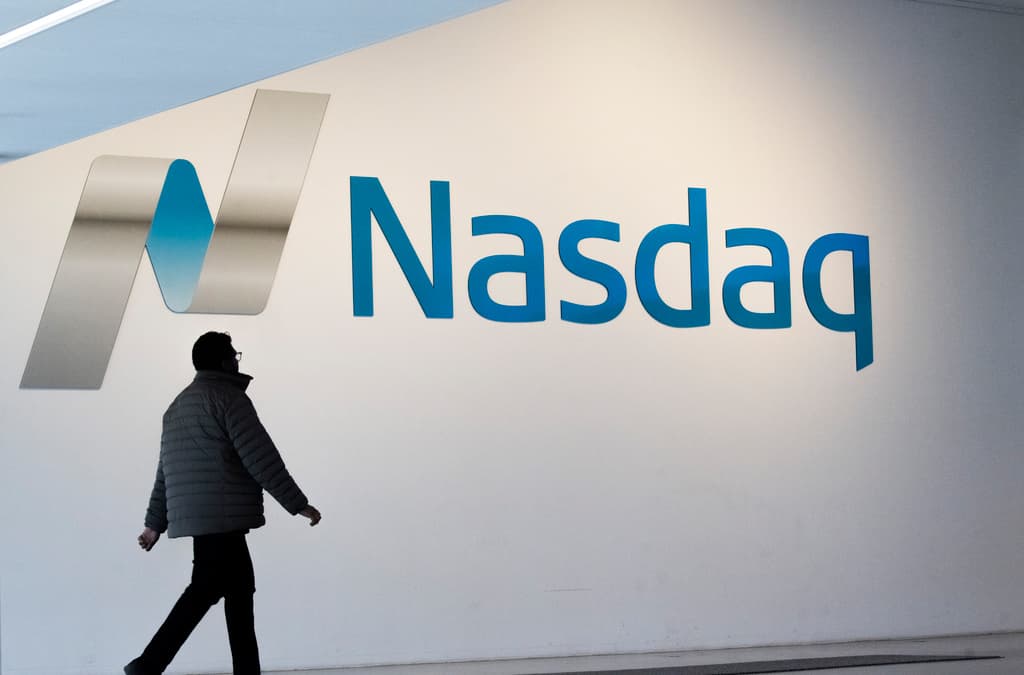Several major companies have fallen heavily after this week's interim reports. Is there reason to worry?
Not at all, according to Lars Söderfjell, equity manager at Ålandsbanken.
Atlas Copco fell almost 5 percent on the Stockholm Stock Exchange, sector colleague ABB similarly, and bearing giant SKF minus 4 percent.
When the engineering companies showed their cards this week, the verdict was harsh with significant price drops for several players. Both sales and profit results did not meet expectations in several cases, and for Atlas Copco, it was also about a weaker order intake than expected.
The engineering sector is significant for the Stockholm Stock Exchange, and many small investors who hold, for example, index funds directed at the Stockholm Stock Exchange are thus highly affected.
Toning down
Lars Söderfjell, however, plays down any potential consequences and worries that it might be a sign of an impending downturn.
It's more about them having delivered good results for several quarters in a row. The market has therefore pushed up the profit multiples (the company's expected profit next year in relation to its market value). You can't afford to miss even marginally, he says.
The economic slowdown has been a fact for the past few quarters, but Lars Söderfjell thinks that after the interim reports were released for the second quarter, they are still evidence of a kind of soft landing for the engineering industry.
You see stabilization at several companies, he says, citing truck manufacturer Volvo as an example.
The transport demand usually is an early indicator, and Volvo even sees a weak upturn. It feels like they have the worst behind them.
A question mark
The question mark that still hasn't been resolved is the Chinese market, he says. China's economy has not gained momentum to the extent many believed, and besides, the threats of increased trade tariffs between the EU and China hang over like a dark cloud.
I think you see it from both ABB and Atlas Copco. They are more cautious about the Chinese market than before, and I perceive greater uncertainty among the companies.
Advertisement
For the Stockholm Stock Exchange as a whole, the OMXS index is now up around 10 percent since the turn of the year. Lars Söderfjell reminds us that it is other factors that primarily play a role in how the rest of the year will unfold, read potential interest rate cuts, primarily from the American central bank. The market is currently pricing in two more cuts this year.
I believe there is room for continued growth and a decent finish, but it assumes that private consumption takes off, partly through real wage improvements and that interest rates come down.
Some of the major companies' stock price development at the close of trading on the day they released their interim reports:
Nordea, minus 3.3 percent.
Ericsson, plus 4.4 percent.
SEB, plus 2.7 percent.
Swedbank, minus 1.3 percent.
Handelsbanken, plus 7 percent.
Tele2, minus 0.9 percent.
Investor, plus 0.6 percent.
Atlas Copco, minus 4.8 percent.
Assa Abloy, minus 0.3 percent.
AB Volvo, plus 5.9 percent.
Volvo Cars, plus 11.0 percent.
Getinge, plus 10.7 percent.
SKF, minus 4.1 percent.
ABB, minus 5.2 percent.






